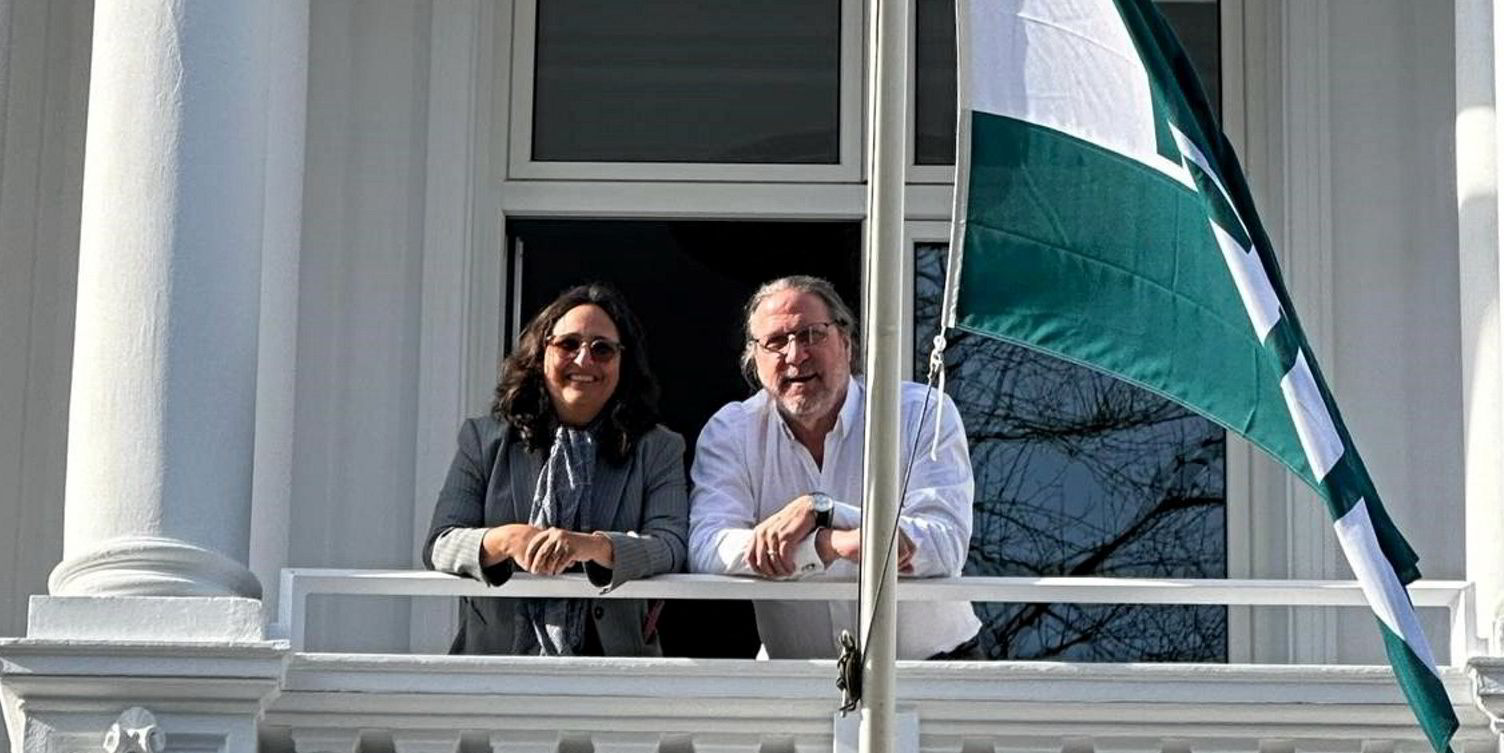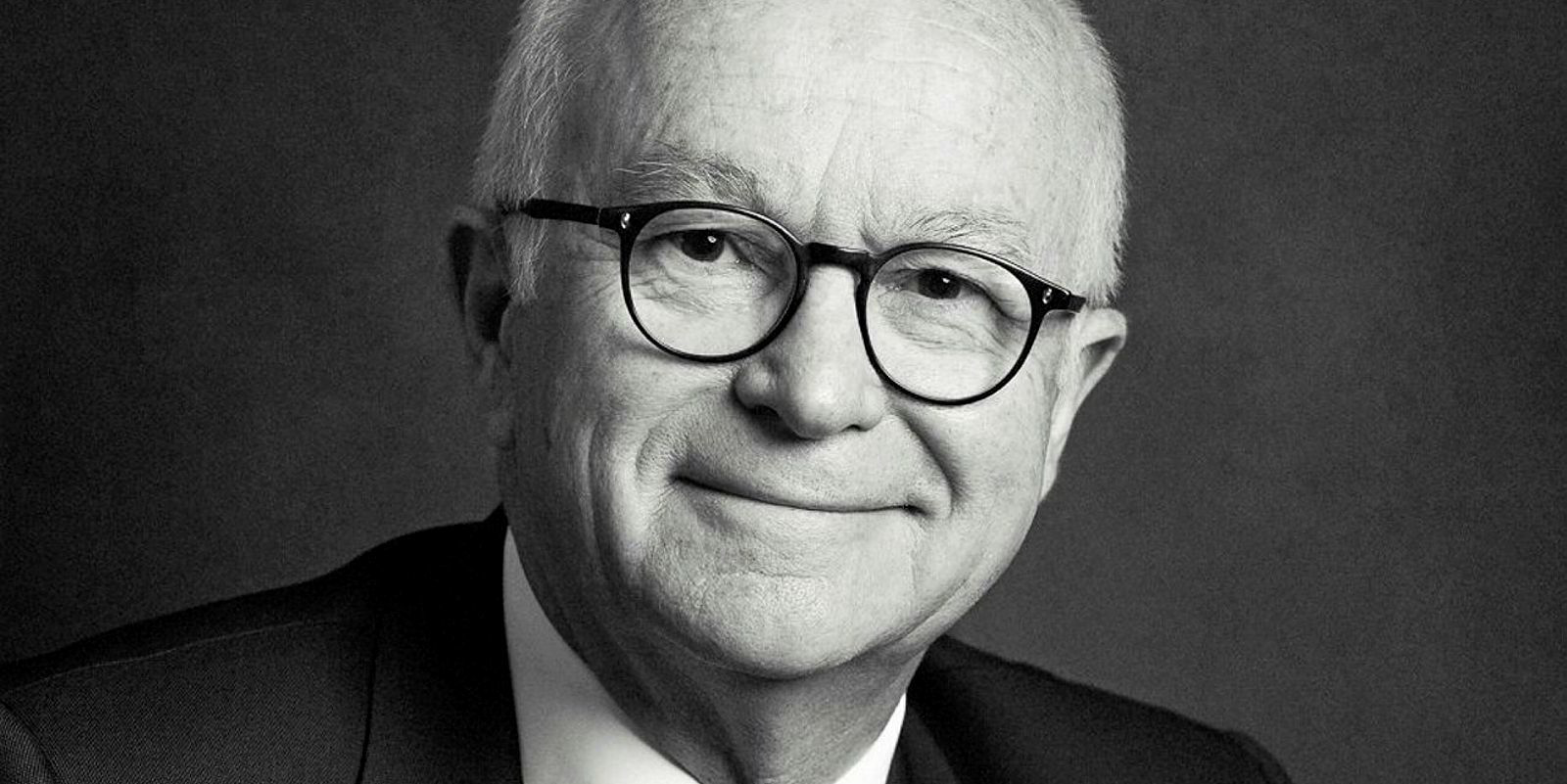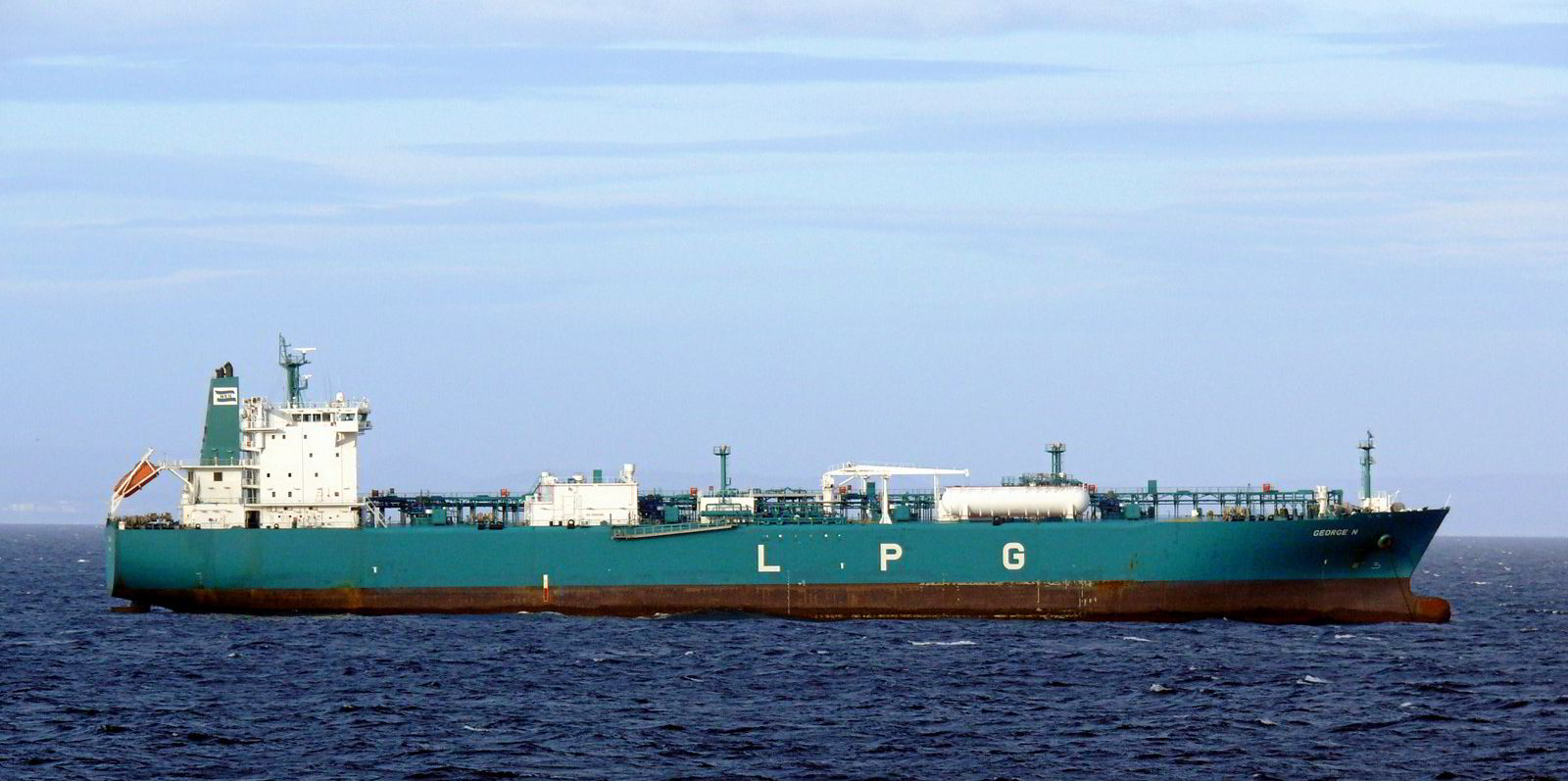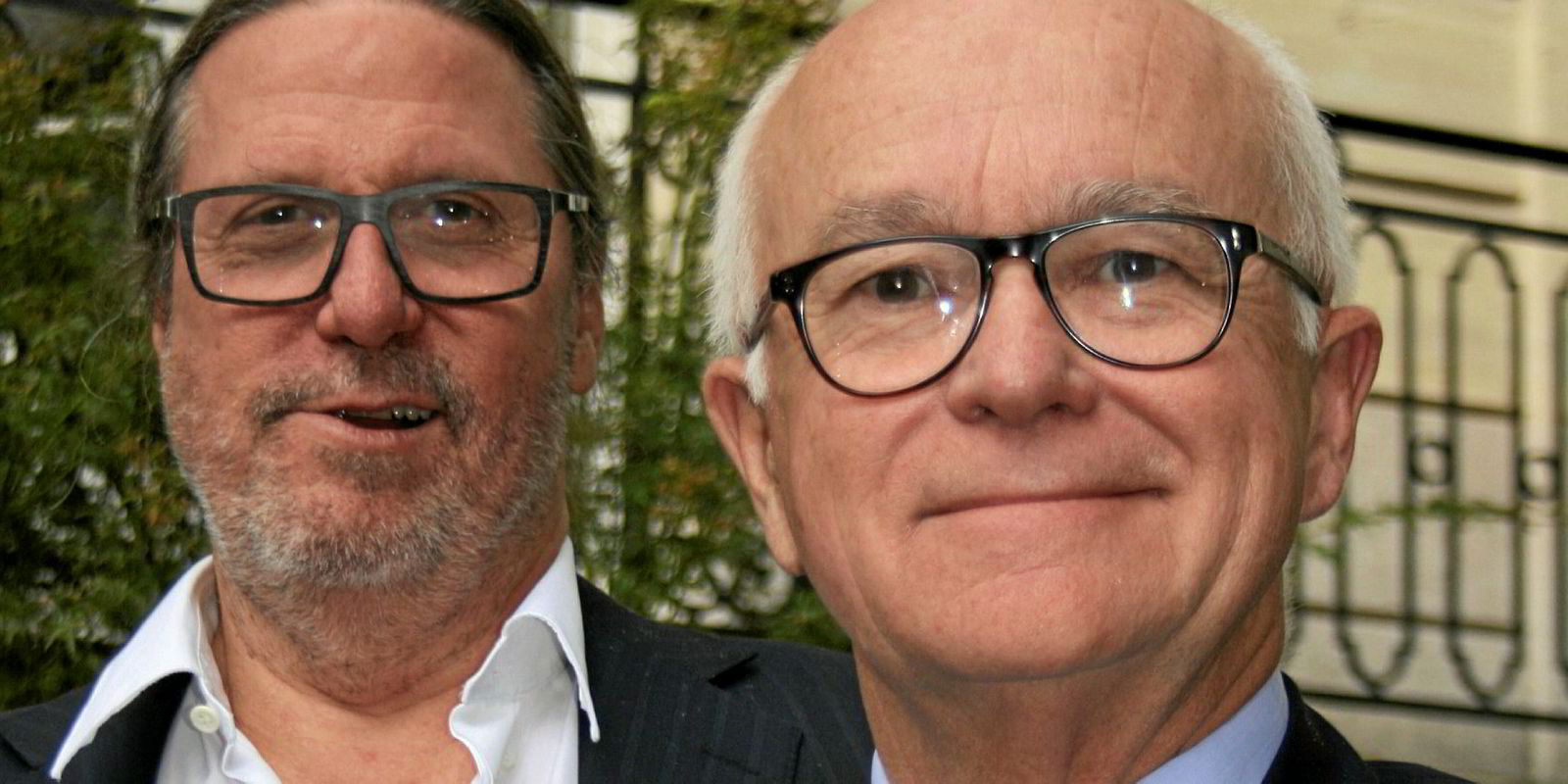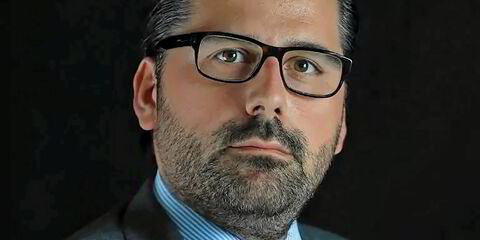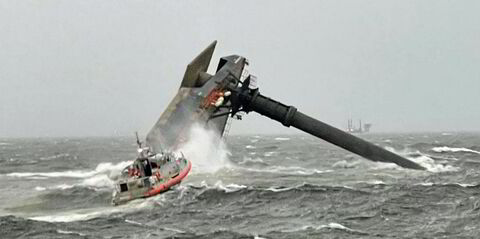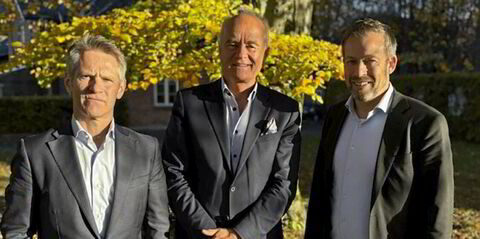When Tim Jones stepped down from his role as chairman at one of the largest shipbrokers, BRS, in 2020 he had plans.
Together with his wife, he bought a truck stop in France offering services to residents, truckers and people passing through.
“That was our project near our place in Normandy,” he said.
It was the sort of thing that old brokers get up to in retirement, he joked.
That all changed two years ago when Jones got a call from US-based Amy Neu.
She was seeking to bring him back into the fold with the rebuilding of the family shipping operation.
It didn’t take much persuasion to haul him back.
“All I wanted to make sure was that [Amy] had complete control,” Jones said.
With Neu under third-generation stewardship of the Hugo Neu legacy, and Amy as chairperson for both real estate and shipping, that condition has been fulfilled.
Since then, Jones has been on a journey, which, in some ways, has taken him back to his shipping roots.
For Neu Seeschiffahrt, or rather its predecessor Krupp Seeschiffahrt, was the company where Jones launched his shipping career spanning close to five decades.
“That’s what’s so weird,” said Jones of his return to the company he joined nearly five decades ago. “I’m coming back to where I started.”
Jones explains he came to work at Krupp in the late 1970s in a rather unorthodox way.
He had been travelling the world at the prompting of his late father Roger M Jones, who set up Navios Corp in 1955 in the Bahamas to run the ocean shipping fleet of US Steel.
After studying philosophy and religion, Tim considered joining the church.
His father — who was already in association with Krupp in the 1960s — urged him to see the world first.
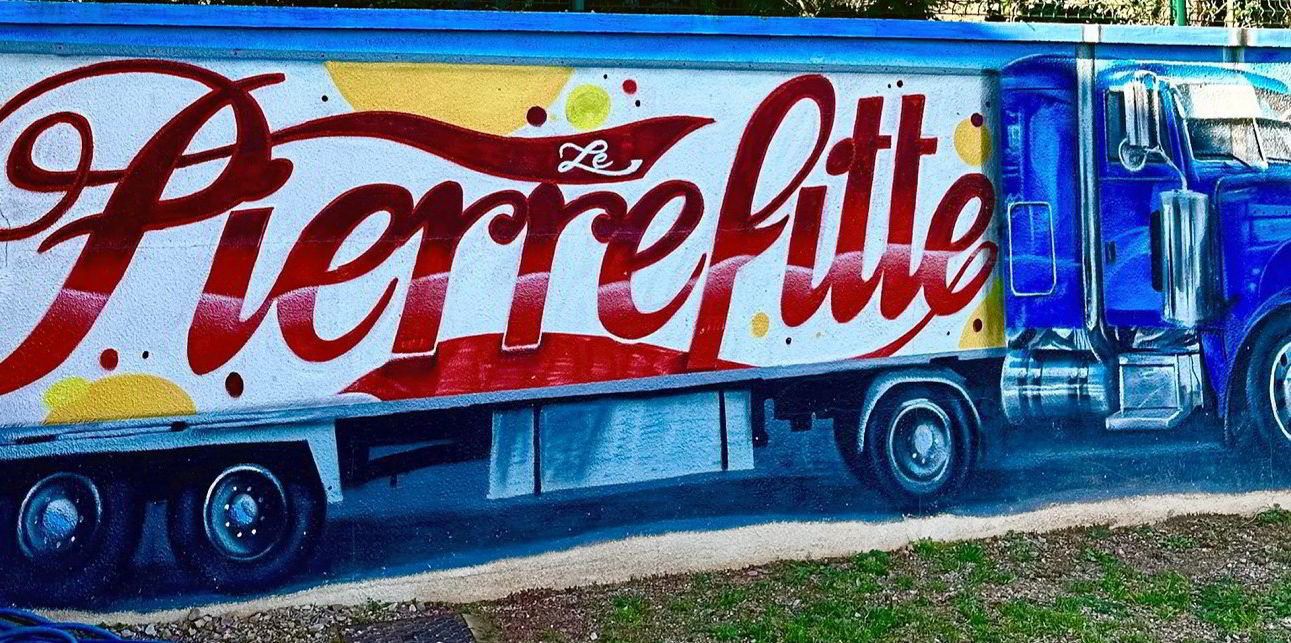
Hitching around the world to Iran, Afghanistan, Pakistan and India, he was able to meet many shipping luminaries by way of introduction through his father’s friend, Basil Papachristidis.
“One of the people I met during the gap year was Harald Meyer of Krupp Seeschiffahrt.
“He said: ‘When you finish why don’t you come back and work for us in Hamburg?’”
So Jones went back to university to finish his last year and spent it learning German.
On arriving at the Krupp office in Hamburg a year after graduation in 1977 — it was full immersion in the language. His German colleagues were instructed “not a word of English to this guy”.
Jones later went to Paris as an unpaid trainee to work for BRS Shipbrokers, arranged by Krupp, where he kept fixing and concentrating on their big ship business.
Over time, he developed a friendship with Amy, whose family had taken over Krupp in the early 2000s.
The shipowning group recently celebrated 150 years of servicing the steel mills, commencing with the establishment of Neu’s predecessor Krupp in 1873.
In his former job, Jones had put together many of the more recent shipping contracts and was a natural choice to reorganise the shipping division.
“Over the past 18 months to two years, there has been a good period of cleaning up,” Jones conceded.
Jones said he was “parachuted in” to help when Amy’s father had health issues. He agreed to do it on the condition he could bring in his own team.
“I was retired and happy. I couldn’t go back to doing what I was doing.”
The company operates an established tight-knit leadership team.
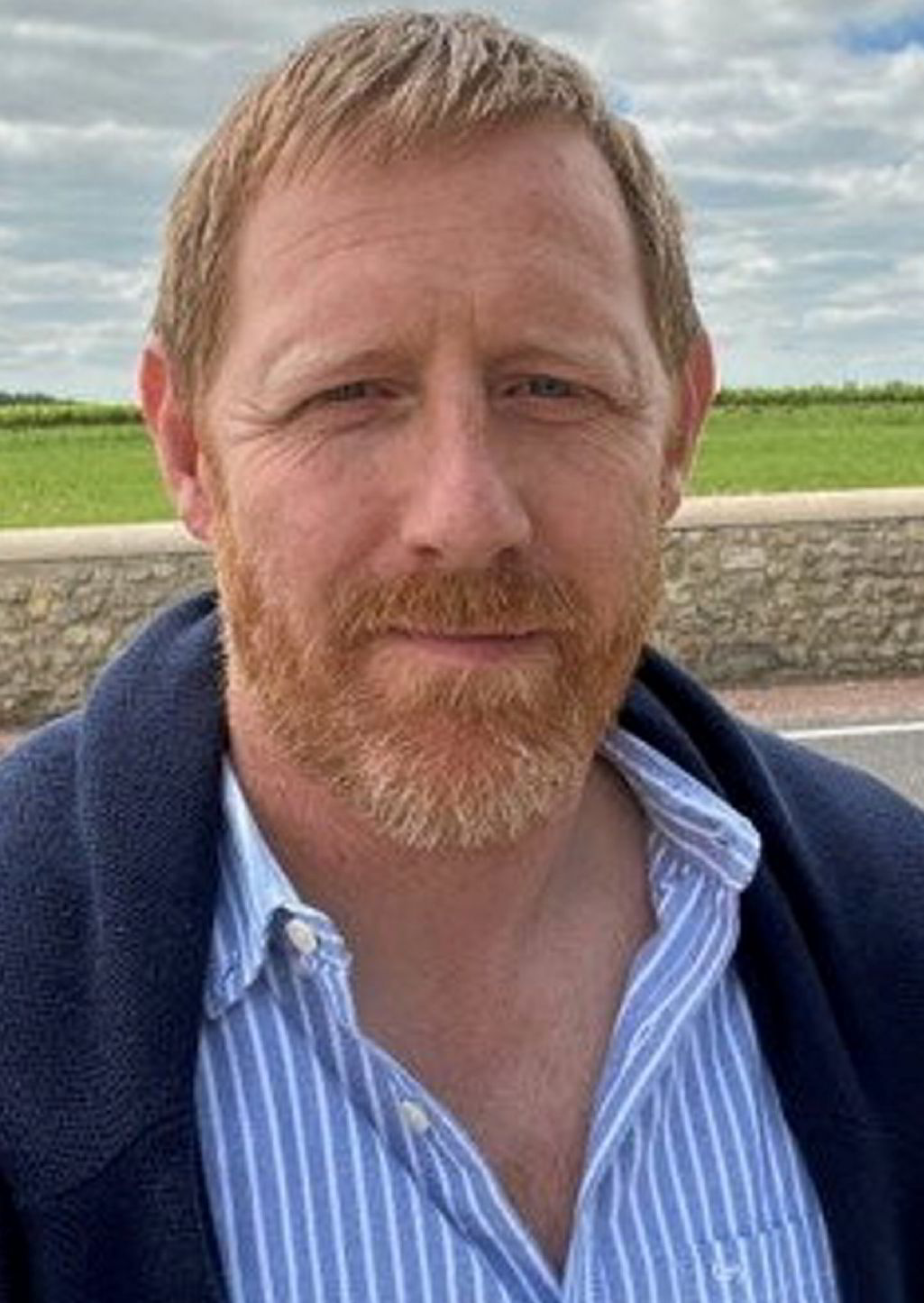
Its C-suite comprises experienced freight trading players including William Wallace, Ravi Khosla and Tim Eicke, formerly of Oldendorff Carriers, RWE and AP Moller-Maersk, respectively.
“They do all the heavy-lifting,” Jones said. “Amy and I just do the decision-making.”
Jones describes Amy as a busy person in her own right who combines teaching with managing a real estate business in the US. She is listed on LinkedIn as CEO of Neu Holdings since May 2022 and chair of Neu Group, as well as a professor at the Fordham Real Estate Institute.
“Amy and I understand each other extremely well, she trusts me and I trust her,” said Jones.
“She’s with us the whole way.”
The two are open to opportunities going forward, including the prospect of new areas such as offshore supply and transfer operations.
“We’re open to that, another sector,” said Jones. “But we have to have a good business plan in place and feel comfortable we’re not going to be sitting there for 10 years.
“It is part of ‘the new Neu’, in the sense we don’t want the company to keep doing what it’s been doing the last 15 years because life has changed.”
